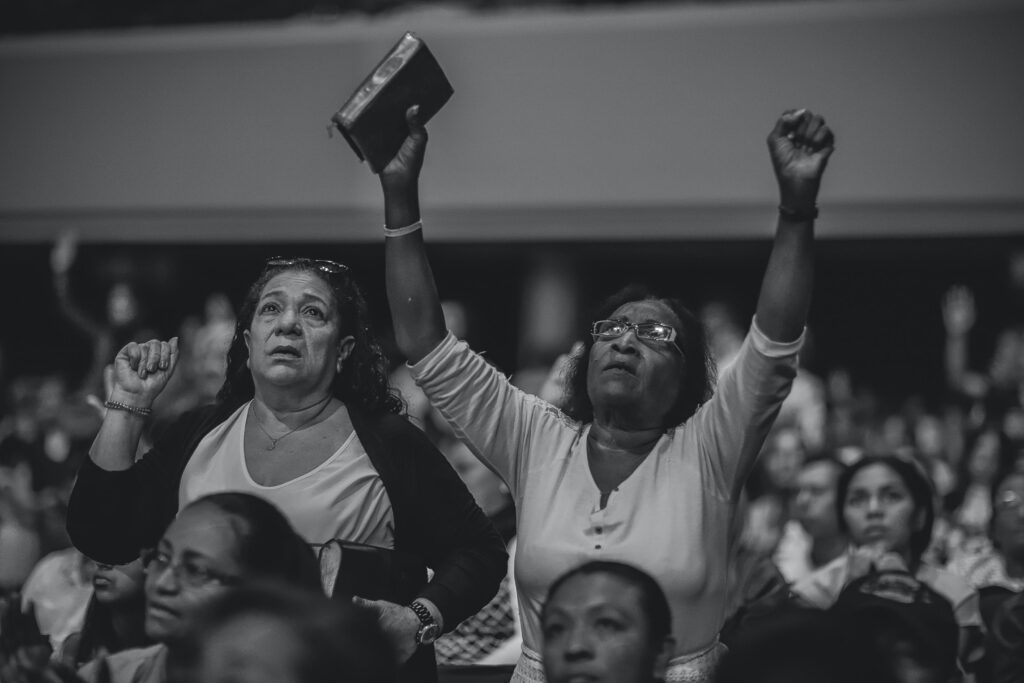Social justice is a term that refers to the fair and equitable distribution of resources, opportunities, and rights among all people, regardless of their race, gender, class, religion, or any other factor. Social justice is based on the biblical principle that all people are created in the image of God and have inherent dignity and worth. (Genesis 1:27; Psalm 8:4-5). To serve God, we need to assess where our role in the commuity impacts others.
The church is the body of Christ, the community of believers who are called to worship God, to love one another, and to serve the world. (1 Corinthians 12:12-27; John 13:34-35; Matthew 28:18-20) The church has a vital role to play in social justice, as it reflects God’s character and mission, and as it responds to the needs and challenges of the society.
How can the church fulfill its role in social justice? Here are some ways:
- The church can preach and teach the gospel of Jesus Christ, which is the ultimate source of social justice. The gospel reveals God’s love and grace for all people, and calls us to repent of our sins and to trust in Jesus as our Lord and Savior. The gospel also empowers us to live as new creations, who are transformed by the Holy Spirit and who seek to follow God’s will and ways. The gospel also compels us to share the good news with others, and to invite them to join God’s kingdom, where justice and peace reign. (Romans 1:16-17; 2 Corinthians 5:17-21; Colossians 1:13-14)
- The church can pray and intercede for the world, especially for those who are suffering from injustice and oppression. The church can pray for God’s intervention, protection, and provision for the poor, the oppressed, the persecuted, the marginalized, and the vulnerable. The church can also pray for God’s wisdom, guidance, and courage for the leaders, the authorities, the influencers, and the agents of change in the society. The church can also pray for God’s kingdom to come and His will to be done on earth as it is in heaven. (1 Timothy 2:1-4; Matthew 6:9-10; James 5:13-18)
- The church can practice and model social justice within its own community, as well as in its interaction with the wider society. The church can demonstrate social justice by being inclusive, diverse, and respectful of all people, regardless of their differences. The church can also promote social justice by being generous, compassionate, and hospitable to all people, especially to those who are in need. The church can also advocate for social justice by being prophetic, courageous, and faithful in speaking the truth, challenging the injustice, and calling for repentance and reform in the society. (Acts 2:42-47; 4:32-37; Galatians 3:26-29; James 1:27; 2:14-26; Micah 6:8)









